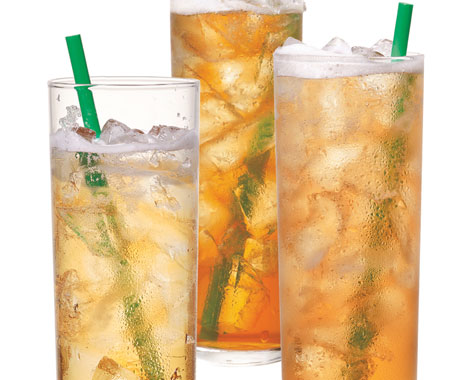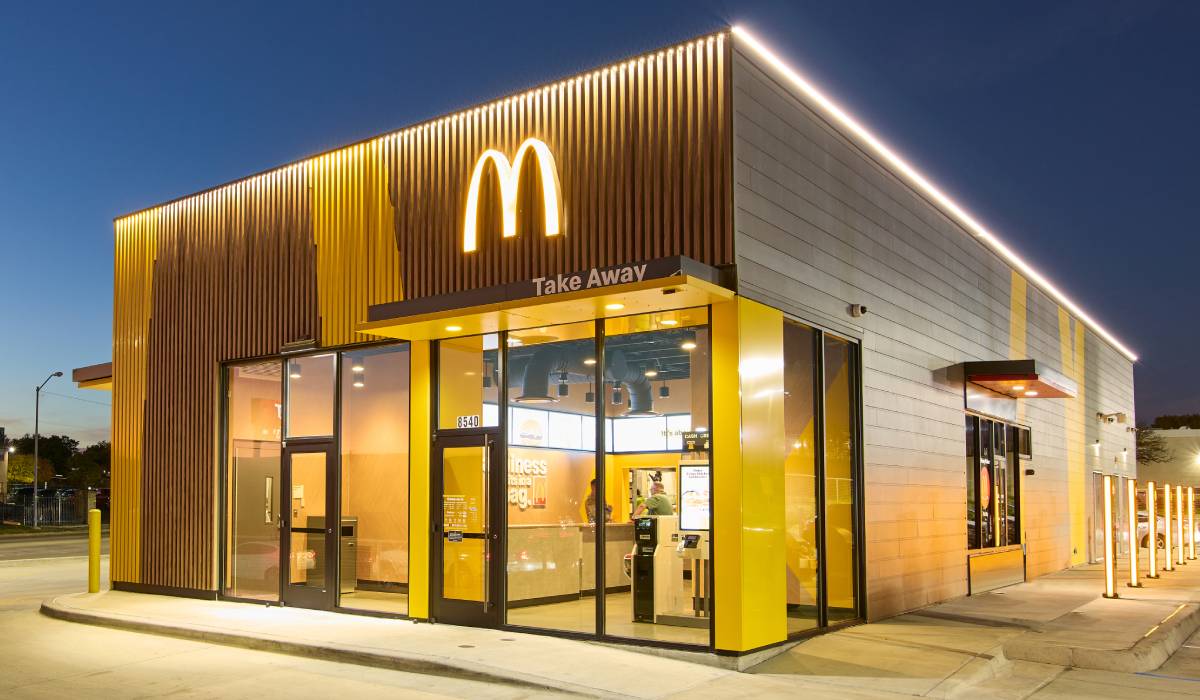Starbucks announced Thursday it will shutter all 379 Teavana retail stores over the coming year, with the majority being closed by spring 2018.
The news won’t come as a surprise to many, especially after Starbucks CEO and president Kevin Johnson admitted the company “launched a review process … to take clear action to improve the performance of our Teavana mall store portfolio,” in April. The rate of decline at retail stores struggled through the holiday season and was worse through the second quarter than Starbucks forecasted. Scott Maw, executive vice president and chief financial officer, said at the time that Starbucks expected further declines at a number of “at-risk Teavana mall stores.”
The move will affect roughly 3,300 employees. Starbucks said in a statement that those employees will receive opportunities to apply for positions at Starbucks stores, and that the company remains on track to create 240,000 new jobs globally and 68,000 in the U.S. over the next five years.
When it was announced, Starbucks’ 2012 acquisition of Teavana for $620 million was the largest in company history. The product remains popular in stores, especially overseas in Japan and China, where sales ballooned 40 percent in the second quarter. Starbucks has no plans to take Teavana off its shelves.
“As reported on the Q2 call, many of the company’s principally mall-based Teavana retail stores have been persistently underperforming. Following a strategic review of the Teavana store business, the company concluded that despite efforts to reverse the trend through creative merchandising and new store designs, the underperformance was likely to continue,” Starbucks said in a statement.
The news was part of Starbucks’ highly anticipated third-quarter earnings release Thursday afternoon. Overall, the chain met Wall Street expectations in earnings per share and missed in revenue.
Net income fell to $691.6 million (47 cents per share), down from $754.1 million (51 cents per share) in the prior year quarter. Total revenue was $5.66 billion—a record for the company—but still under the predicated $5.76 billion.
Global comparable-store sales increased 4 percent and America’s comp-store sales grew 5 percent, driven by a 5 percent boost in average ticket.
U.S. average ticket was up 4 percent and transactions increased 1 percent after adjusting for the estimated impact of order consolidation following the shift in the Starbucks Rewards loyalty program from a frequency based to spend-based model in Q3 fiscal 2016, the company said.
Frequency of customer visits was flat year-over-year.
“Starbucks leveraged food and beverage innovation, an elevated in-store experience and personalized digital connections to our customers to deliver another quarter of record financial and operating performance, despite the softness impacting our principal sectors overall,” Johnson said in a statement. “Continued focus on execution against our strategic priorities enabled us to gain share and positions us well for the future.”
Comparable sales also grew 7 percent in China.
Starbucks opened 575 net new stores globally in the third quarter, bringing the total count to 26,736 across 75 countries. Starbucks Rewards membership increased 8 percent year-over-year to 13.3 million active members. Business from the Rewards program represented 36 percent of U.S. company-operated sales and mobile payment grew to 30 percent of transactions. Mobile order and pay was up to 9 percent of transactions.
“Starbucks once again reported record operating and financial performance in Q3—reflecting the back-half acceleration we’ve been anticipating,” Maw said in a statement. “Nonetheless, despite posting record performance in Q3 and further extending our lead compared to the industry overall, the combination of trends in the quarter and ongoing macro pressures impacting the retail and restaurant sectors has us a bit more cautious going into Q4.”
Starbucks’ stock fluctuated on the market Thursday. One boon came from its early day announcement that it was consolidating its business operations across Mainland China. The company said it was acquiring 50 percent of Shanghai Starbucks Coffee Corporation from JV partners Uni-President Enterprises Corporation and President Chain Store Corporation. The move represented Starbucks’ single largest acquisition in history—at around $1.3 billion in cash consideration.







